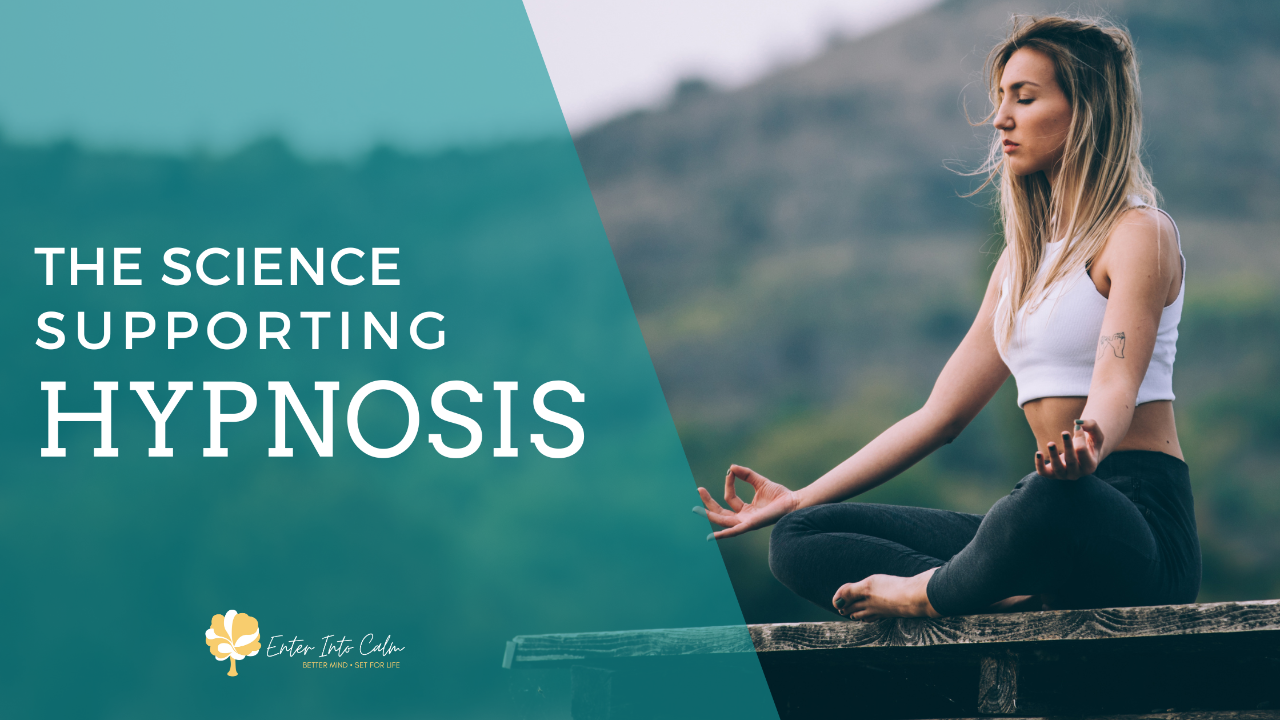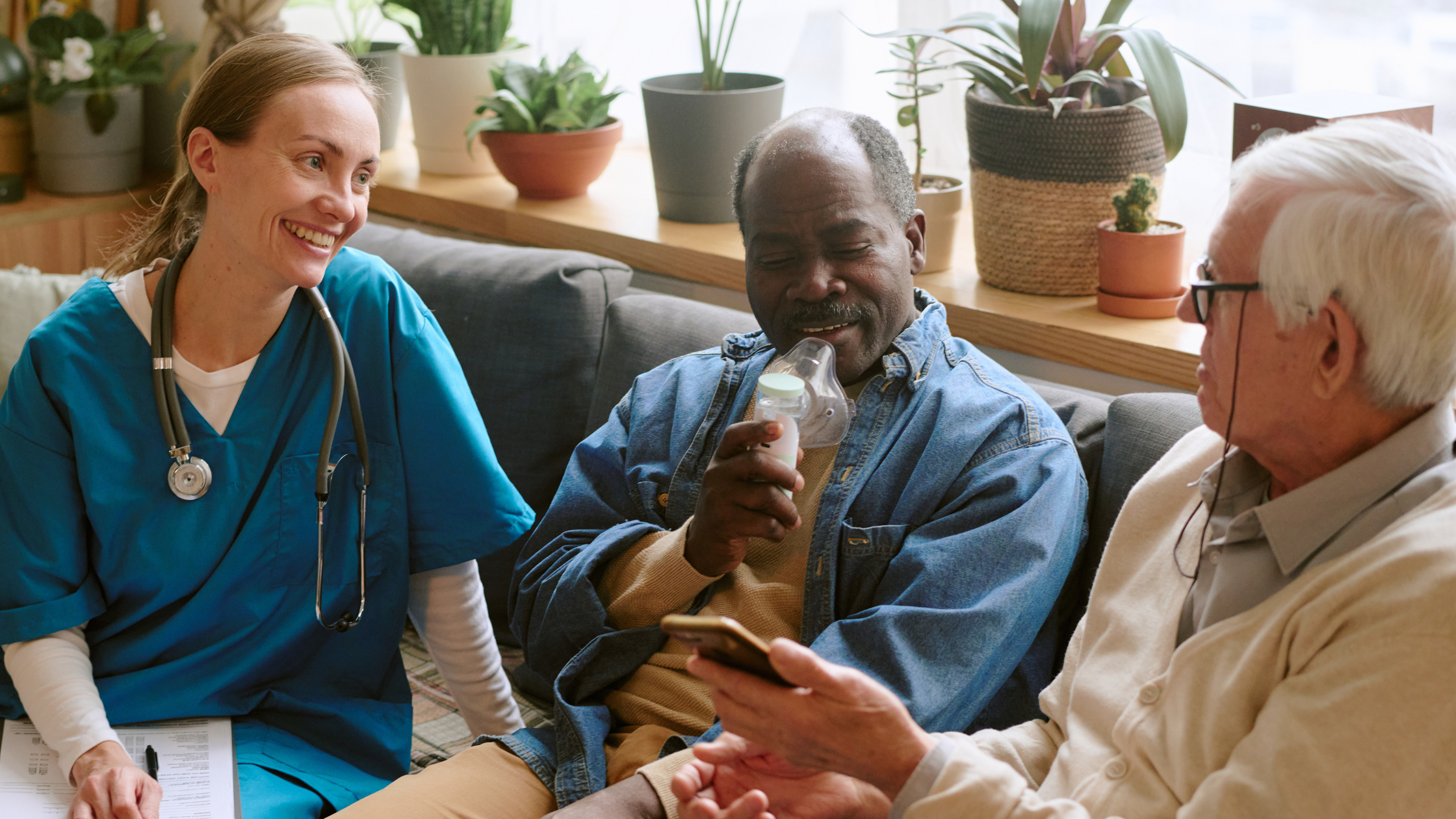The Science Supporting Hypnosis
Nov 11, 2025
If you’ve ever wondered whether hypnosis is really backed by science, the answer is a confident yes! Over the past few years, research has shown that hypnosis isn’t a fascinating mind trick - it’s a safe, effective, and versatile tool for reducing anxiety, pain, and psychological distress. And what’s even more exciting? The evidence keeps getting stronger.
The Big Picture
A large-scale meta-analysis by Rosendahl et al. (2023) reviewed 49 meta-analyses encompassing 261 studies - essentially decades of research - and found robust evidence supporting hypnosis for patients undergoing medical procedures and for pain management. The review showed medium to large effects, especially in reducing procedural anxiety and pain, with particularly strong results in children and adolescents.
Their conclusion was simple but powerful: hypnosis produces real, measurable improvements in both mental and physical health outcomes, and it deserves a stronger presence in healthcare conversations (Rosendahl et al., 2023).
Innovations in Hypnosis Research
More recent work continues to expand what’s possible with hypnosis. A 2025 systematic review and meta-analysis of 20 randomized controlled trials confirmed that hypnosis significantly reduces anxiety and pain during invasive medical procedures, with virtually no side effects (Walter et al., 2025).
Researchers are now integrating hypnosis with virtual reality - creating immersive, calming experiences that help patients stay relaxed and centered even during stressful procedures. These new approaches are showing exceptional results for people who experience high procedural anxiety, offering a glimpse into the future of mind–body care.
Hypnosis and Mental Health
In the world of mental health, hypnosis holds its own among gold-standard treatments. A randomized controlled trial comparing hypnotherapy and cognitive behavioral therapy (CBT) for mild to moderate depression found that both interventions led to significant reductions in depressive symptoms, with effects lasting 6 to 12 months (Fuhr et al., 2021).

That means hypnotherapy wasn’t just a supportive add-on - it performed just as well as CBT, one of the most established treatments for depression. For many clients, hypnosis can serve as either a complementary approach or a stand-alone option for emotional healing and mindset change.
Hypnosis in Cancer and Pediatric Care
Even professional organizations are recognizing hypnosis as part of evidence-based care. The American Society of Clinical Oncology (ASCO) and the Society for Integrative Oncology (SIO) jointly recommend hypnosis for managing anxiety in adults with cancer undergoing procedures, citing multiple randomized controlled trials showing meaningful benefit with minimal risk (Carlson et al., 2023).
Meanwhile, in pediatric medicine, hypnosis has been gaining traction as a gentle and empowering approach for children. A 2023 review found that medical hypnotherapy effectively reduces functional abdominal pain, headaches, and other distress-related conditions in children (Bastek & van Vliet, 2023). For kids, learning to use their own imagination and breath to influence how their body feels can be life-changing.
The Bottom Line
Across hundreds of studies and thousands of participants, hypnosis has proven itself to be a highly adaptable and scientifically supported method for improving comfort, reducing pain, calming anxiety, and enhancing emotional well-being.
Whether used in hospitals, wellness practices, or therapy sessions, hypnosis bridges the mind and body in a way few interventions can. It’s not “alternative” - it’s integrative. And it reminds us that when the mind is guided with purpose, the body listens.
Takeaway for Nurses and Healthcare Professionals
For nurses, understanding the science behind hypnosis isn’t just about curiosity - it’s about confidence. When you can explain, in evidence-based language, how and why hypnosis works, you elevate your credibility, expand your scope of care, and connect more deeply with your clients.

This growing body of research confirms what many holistic practitioners have long observed: the mind is a powerful ally in healing. Hypnosis simply gives us the tools to activate it intentionally. Whether you’re supporting a patient through pain, helping someone manage anxiety, or simply guiding a moment of calm before a procedure, your voice - and your presence - can make measurable physiological change.
You’re not just offering comfort. You’re helping the nervous system rewire itself for healing.
Moving Forward
Hypnosis simply gives us the tools to activate it intentionally.
At Calm Collective Care, we’re committed to making evidence-informed, nervous-system–based approaches accessible in ways that fit real lives. Through secure Zoom sessions, you can engage in clinically grounded hypnotherapy from the comfort of your home—without sacrificing depth, safety, or connection.
Our work is rooted in the same principles explored here: restoring agency, reducing fear, and helping the nervous system learn new patterns of response. Whether you’re navigating chronic pain, stress, anxiety, or a desire for greater clarity and resilience, our collective approach blends hypnotherapy with coaching and mindfulness-based practices to support meaningful, sustainable change.
Ways to Get Started
Guided Group Hypnosis
We offer live, guided group hypnosis sessions designed to support stress reduction, confidence, emotional regulation, and nervous system resilience. These sessions provide a structured, supportive environment for experiential learning—whether you join live or explore our growing audio library.
👉 Learn more Group Session in the Change Your Life Circle
👉 Access the ever-expanding Audio Library
One-on-One Hypnotherapy
For a more personalized approach, working individually with a certified hypnotherapist allows for tailored support aligned with your specific goals, history, and nervous system patterns. You can explore our team of practitioners and schedule a consultation to find the right fit.
Guest Author:
Hannah Henjum
Consulting Hypnotist, NLP & Time-Line Therapy® Practitioner
Specialties: Stress | Confidence
Hannah specializes in helping clients overcome stress and build confidence and joy in their daily lives. She uses hypnosis and NLP techniques to help individuals resolve the underlying mental and emotional blocks that affect their well-being and self-esteem. Her approach is centered on creating a balanced, fulfilling life for her clients, helping them develop strategies for long-term mental clarity and resilience. Hannah empowers clients to bring curiosity, joyfulness, and ease back to their lives.
References:
-
Gidon, A. (2020). Dendritic Action Potential and Computation in Human Layer 2/3 Cortical Neurons. Science, 367(6473), 83–87.
-
Benson, H. (1984). Beyond the Relaxation Response.
-
Spiegel, H. & Spiegel, D. (2004). Trance and Treatment.
-
Kroger, W. S. (2008). Clinical and Experimental Hypnosis (2nd ed.).
-
Rossi, E. (1993). The Psychobiology of Mind/Body Healing.
-
Dossey, L. (1993). Healing Words
Be Calm ...
and experience hypnosis!
Hypnosis can help in many ways. Curious Minds should Stay Curious.
Boost Self-confidence • Lessen Anxiety • Grief• Cancer • Create Positive Mindset • Eliminate Limiting Beliefs • Improve Sleep • Manage Pain Better • Prepare for Childbirth • Enhance Performance • Heal & Resolve Grief • Change Habits • Weight Loss without Dieting • Smoking Cessation • Stress Reduction • Stop Teeth Grinding • & more
Connecting with me 1:1 is fast and easy!


